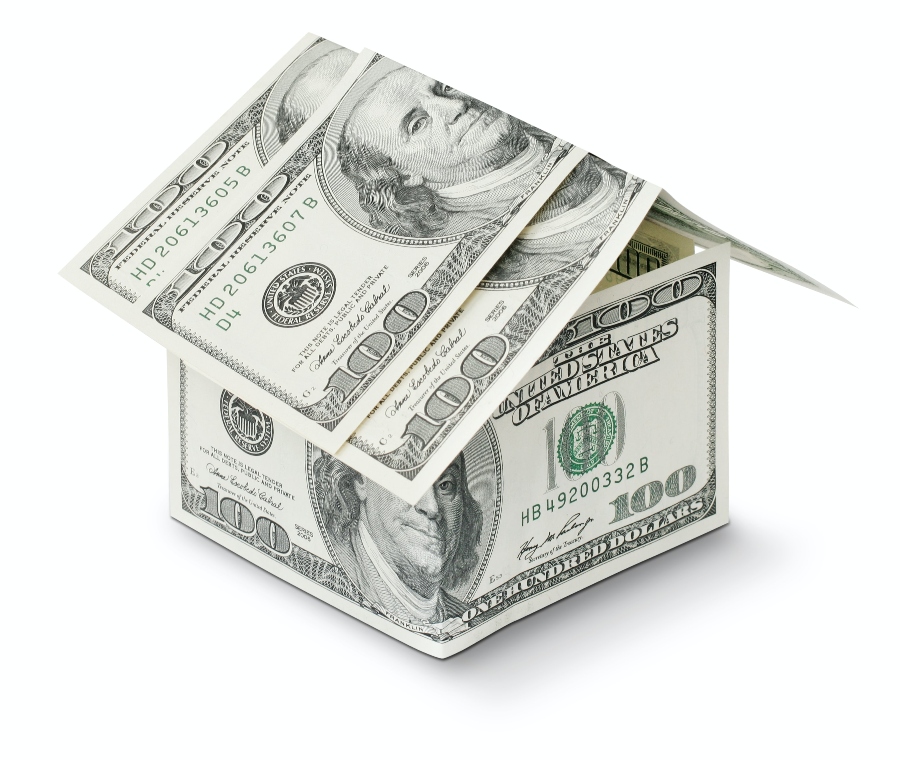Securing the Right SBA Loan for Your Business
It’s quite common for small businesses to require funding. If you need a boost in your cash flow or want to expand your business, there are many SBA loans available to you. Some loans are for specific situations. So, whether you’re looking for a general loan or something catered towards your needs, the SBA can help.
How Much Can You Borrow?
The average SBA loan is $371,000, maxing out at around $5 million. This is much higher than the average non-SBA loan because of the mitigated risk. Loans via the SBA are federally backed. This means the lender is guaranteed a large portion of the loan regardless of whether or not you default. Because of this, the SBA can offer larger amounts to small businesses.
What Types of Loans Are Available?
The four major types of loans the SBA offers are 7(a) loans, microloans, real estate and equipment loans, and disaster loans. 7(a) loans are the most commonly sought-after loans, as their application can vary depending on need. There are also many different forms of 7(a) loans, such as standard, small, and express loans. Often, they’re used to help start or grow a business, sometimes for specific people like veterans. Microloans refer to smaller loans, ranging from $5,000 to $50,000, and are used to boost monthly cash flow. Real estate and equipment loans help businesses purchase large business assets. Whereas disaster loans help repair those assets in the case of some declared disaster.
How Do I Qualify?
Although eligibility for most loans varies greatly depending on your lender, SBA loans have stricter criteria due to the large amounts you’re able to borrow. You first have to qualify as a small business by proving your business is located in the U.S. Also, you contribute mainly to the U.S. economy, that your business is for profit, and that you own and operate the business independently.
Once you’re established as a small business, you should show that you have sufficient cash flow to pay off your loan and then submit a personal history form. This form allows the SBA to look into your personal history, including your criminal record and financial history. Having poor financial history or even convictions doesn’t necessarily disqualify you. But can help you get better terms if your record and financial health are relatively clean. At the very least, show that you’ve worked hard to repair any damaged credit over the past few years.
Seek Expert Assistance
Contact Green Apple Funding for tailored financing solutions.






